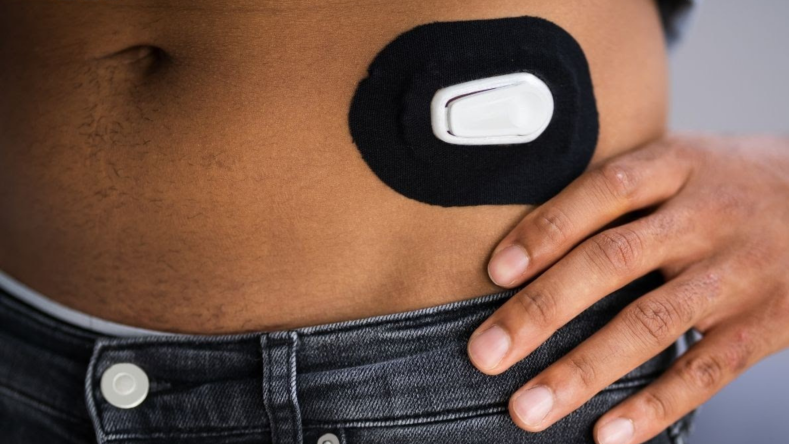Issue 61: 5 science-backed ways to improve blood sugar
In this edition, we're diving into the science on the best ways to lower blood sugar and decrease insulin resistance. From sleep habits to protein intake, here's how you can improve your glucose levels and reduce the risk of certain chronic diseases.

If you struggle with high blood sugar, you’re not alone; the latest figures indicate that 1 in 3 American adults have elevated glucose levels. Unfortunately, this can wreak havoc on your health, and raises your risk of heart disease, vision loss, kidney disease, type 2 diabetes, and Alzheimer’s.
While medication is often used to manage blood sugar levels, certain lifestyle choices and supplements can also have a positive impact on your risk profile.
In this edition, we're diving into the science on the best ways to lower blood sugar and decrease insulin resistance. From sleep habits to protein intake, here's how you can improve your glucose levels and reduce the risk of certain chronic diseases.
Here's to feeling your best, Elos!
1. Try this supplement for better blood sugar control.
Studies have found a positive association between this common household spice and glucose levels. Learn more in this article.
2. The connection between sleep and glucose levels.
Sleep deprivation is associated with obesity, hormonal imbalances, and mood swings. But could a lack of sleep also contribute to diabetes and insulin sensitivity?
3. Simple vs. complex carbs: what's the difference?
Carbohydrates play a crucial role in energy production and recovery. But not all of them are created equal, especially when it comes to blood sugars.
4. The best high protein foods for blood sugar levels.
While protein is beneficial for recovery and muscle growth, it can also play a role in glucose levels. Here are some high protein meals and snacks that help promote satiety and blood sugar control.
5. Should you try a CGM?
Glucose tracking can provide a deeper understanding of your overall health. Learn more about how a CGM can help monitor your blood sugar levels.





